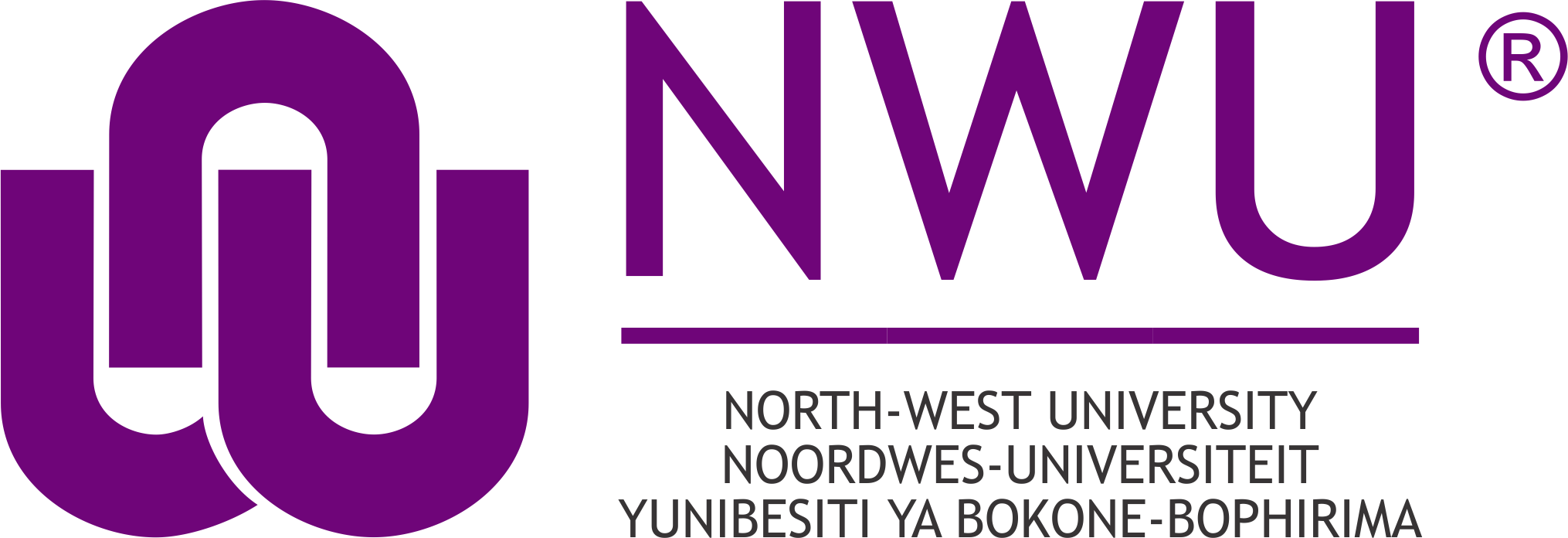NWU teams set assistance to NW Health in motion
Epidemiological and technical assistance against COVID-19 is the latest contribution in the collaboration between the North-West University and the North West Department of Health (NWDOH).
This entails the NWU drafting scenarios and assisting with an online inventory management system for personal protective equipment and a campaign to find solutions from the community.
Earlier in April, the NWDOH's deputy director-general, Polaki Mokatsane, approached the NWU to assist it with strategic information, guidance and support (read more here).
The NWU's Africa Unit for Transdisciplinary Health Research (AUTHER) in Potchefstroom has swiftly put the wheels in motion to provide this assistance. Prof Petra Bester, director of AUTHER and co-ordinator of the collaborative effort, says the unit's epidemiological and technical teams have been working diligently to provide assistance and information to the NWDOH.
Epidemiological team tracks high-risk areas
As part of the first level of the collaboration, the epidemiological team, which focuses on the incidence, distribution and control of COVID-19, has drafted three scenarios, ranging from best to worst cases.
"This will assist the NWDOH in planning their response to the deadly respiratory syndrome caused by COVID-19. Scenario planning will produce expert information to guide them in rolling out resources and making sure that there are enough hospital beds and intensive care units in the province in all probable COVID-19 instances."
She says the provincial epidemiological projections are aligned with those on national level. "Although the province's infections may seem relatively low at 28 (as on 28 April), it is important to look at the bigger picture and the seriousness of the COVID-19 threat."
In this regard, two mobile test stations of the NWDOH have been actively engaged in testing and screening across the province, particularly in high-risk areas and households, such as in the Bojanala Platinum District. The province also has two public hospitals dedicated to fighting the scourge.
"We are looking at vulnerable communities living in densely populated areas such as former mining towns. Many of these communities do not have access to running water and good sanitation," says Prof Bester.
"Another aim is to identify patients, especially the elderly, with underlying health issues, such as tuberculosis, HIV and heart disease, in order to inform and empower them to gear up against infections."
She says the NWDOH uses the AitaHealth app to gather information on health issues in the province. "This started two years ago, long before the COVID-19 threat surfaced."
The app's data on more than 300 000 community members was collected by field workers and nurses as part of Community Oriented Primary Care (COPC) and covers three of the four districts in the province." Prof Bester says their team is now working with the company that developed the app to process the data and provide it to the NWDOH to direct screening and testing.
Technical team tallies PPE inventory
The NWU's technical team aims to support the NWDOH to consolidate all information on the availability of personal protective equipment (PPE) in the province through an online inventory management system.
This is invaluable, according to Prof Bester, as PPE might become scarce once the anticipated wave of infections hits the province. She says the online management system will give real-time information on the availability of PPE, and help the NWDOH to prioritise distribution.
The next phase includes a campaign to find solutions from the community to co-ordinate the different fragmented PPE services and products from the community and industry.
"We are planning to launch the Cobuntu campaign (which was on 1 May). We want communities to know how important PPE is and how to use and care for it.
"As prevention is the most effective way to curb the disease, it is important that people understand all the intricacies around PPE. These include basic things such as what type of masks are effective, how to wash and care for cloth face masks, how many times a mask can be used and exactly how to wear it for effective protection. We will communicate using three languages: firstly Setswana, followed by Afrikaans and English."
Prof Bester says the NWU's experts believe these initiatives will leave a significant footprint in the fight against COVID-19 in the province. "The nationwide lockdown has bought us time to prepare for the outbreak. We are employing our expertise to use this very valuable time effectively to place the province in a better position."
For more information, phone Prof Bester at +27 (0)18 299 2094 or send an e-mail to [email protected].
